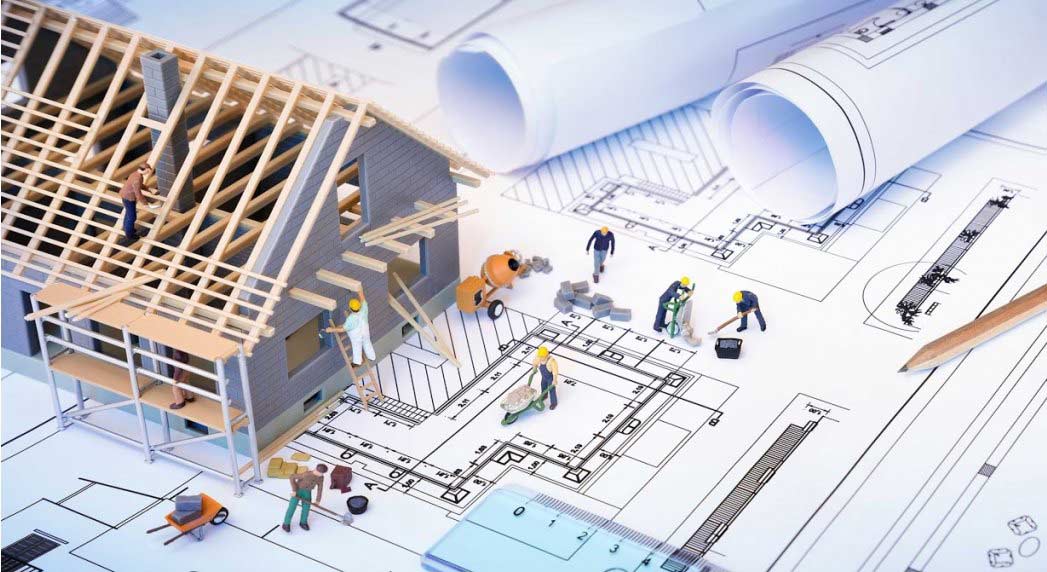 0434 110 794
0434 110 794 0434 110 794
0434 110 794
Just Law have been helping builders, homeowners, and even contractors for over two decades. With specialised legal services in the field of building and construction disputes, Just Law have seen just about everything there is to see. From some of the most helpful legal advice currently available, James Gray, the man behind Just Law, is a name you should remember should a tricky building dispute suddenly arise, and in this blog, we will be discussing the best ways to avoid going to court.
Building disputes can certainly vary from site to site, and a lengthy legal review is often required to fully understand the core of the dispute. Once upon a time, where there was a limited options when it came to building dispute litigation, sometimes the path to resolution wasn’t the best option, so luckily, things have advanced where we now have multiple avenues for resolution, which ultimately means that less claims are left unresolved. Obviously, if an ongoing conflict is left unresolved or even ignored, the toxicity of the dispute can spread, the parties involved can become unreasonable, and the perhaps simple misunderstanding can turn into drawn out legal disputes, with far more costly outcomes.
Just Law always recommends that every party involved is aware of all the possible resolutions for construction law disputes, and as such, suggests that even some form of basic legal guidance is a good idea. It’s not compulsory, and no one likes to think about the negative outcomes that may arise, but by simply being educated on the wide variety of dispute resolutions when it comes to a building contract, it can certainly lessen the blow, should any conflicts appear.
Avoiding Construction Disputes from a legal perspective
Just Law know, as do many, that the most effective method of resolving construction disputes, is to simply, avoid them altogether. While this sounds easy and straightforward enough, you’d be surprised with the amount of construction disputes that eventuate, from seemingly nothing. That’s why it always pays, even if the project is still in the planning phase, to have some form of legal aid in your corner, not only to oversee the contract and its conditions, but also to significantly reduce the chance of construction disputes and subsequent claims and conflicts from ever seeing the light of day. Having a law firm such as Just Law on your side, right from the get go, will not only protect your interests, but it will alleviate the stress of any potential and possibly costly disputes, later down the line. Here are some of the benefits of having Just Law with you during the planning stage of your building contract:
Avoiding Disputes in Site Preparation: What you can to ensure things go smoothly when works commence
While Just Law will protect your interests during the planning stage and contract negotiations, it is also important to take the necessary measures when it comes to site preparation. Some things to consider in order to reduce the possibility of a potential construction dispute are as follows:
Resolving Disputes
 Just Law haven’t been in the building and construction dispute game for over 20 years without seeing conflict arise, even after the necessary steps are taken to ensure it doesn’t. After all, life can certainly pull the rug from under your feet when you least expect it. In other words, and despite all of your preparation and awareness, a construction dispute can still invariably arise. Sometimes, it may be a result of a simple breakdown in communication, that can quietly swell into a full-blown conflict over the coming months. Perhaps you needed to employ a last-minute subcontractor, which inadvertently meant that you violated the terms of your contract, or the work carried out by the said contractor, didn’t cohesively fit into the current works. Again, these things happen, but that doesn’t mean you should lawyer up and prepare for court. There are still quite a few options on the table, even if relationships have soured.Here are a few ways to resolve your construction dispute before it ends up in a courtroom:
Just Law haven’t been in the building and construction dispute game for over 20 years without seeing conflict arise, even after the necessary steps are taken to ensure it doesn’t. After all, life can certainly pull the rug from under your feet when you least expect it. In other words, and despite all of your preparation and awareness, a construction dispute can still invariably arise. Sometimes, it may be a result of a simple breakdown in communication, that can quietly swell into a full-blown conflict over the coming months. Perhaps you needed to employ a last-minute subcontractor, which inadvertently meant that you violated the terms of your contract, or the work carried out by the said contractor, didn’t cohesively fit into the current works. Again, these things happen, but that doesn’t mean you should lawyer up and prepare for court. There are still quite a few options on the table, even if relationships have soured.Here are a few ways to resolve your construction dispute before it ends up in a courtroom:
The final word
Again, at Just Law, we know that construction disputes are common, and can often result from a varying list of communication breakdowns, contractor error, payment issues, unexpected jobsite complications, and contractual issues. Whatever it may be, the bottom line is simple. Construction disputes, or any type of building disputes for that matter, including domestic building disputes, need to be resolved, and as efficiently as possible. If you or someone you know is in the middle of a construction dispute, then feel free to refer to Just Law in order to help you positively resolve it.